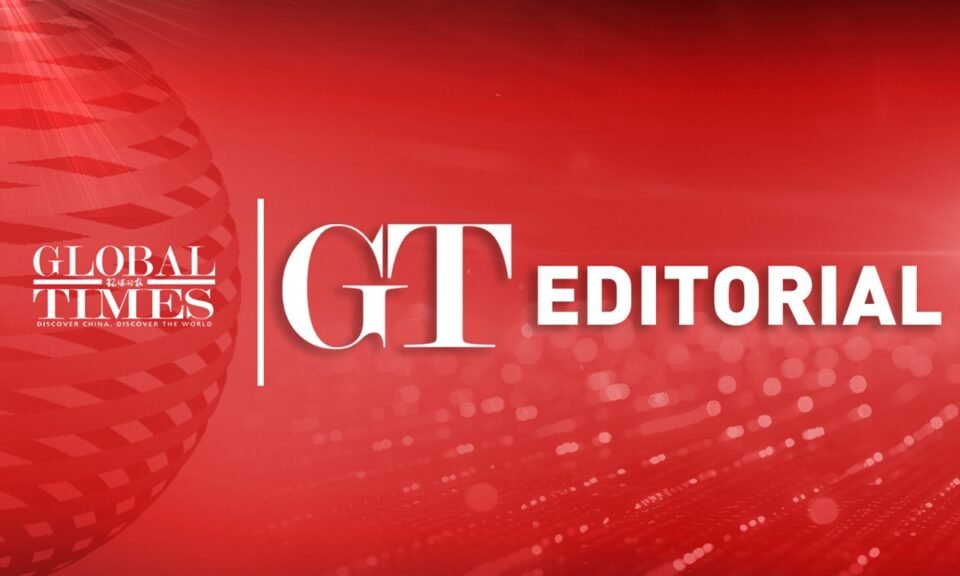The World Artificial Intelligence Conference and High-Level Meeting on Global AI Governance are taking place in Shanghai, drawing over 1,200 participants from more than 40 countries. The event showcases over 3,000 innovative AI products, including Tesla’s humanoid robots and Siemens’ AI industrial assistants. The conference serves as a platform for international collaboration, emphasizing that AI should be governed globally rather than by individual nations. Despite disparities in AI preparedness between advanced and emerging economies, there is a shared global commitment to addressing issues like data abuse and algorithmic bias. This year’s conference introduced an action plan for global AI governance, advocating for international cooperation and the creation of a global AI cooperation organization. China’s approach to AI governance emphasizes “global solidarity,” aiming to bridge the digital divide and promote technological equity. This perspective contrasts with the US’s focus on maintaining AI dominance through export controls. While both nations have distinct advantages in AI, they remain interconnected within the global technology supply chain, highlighting the potential for cooperation. China’s philosophy seeks to foster an inclusive, sustainable, and secure digital future for all.
This website uses cookies to improve your experience. We assume you agree, but you can opt out if you wish. Accept More Info


